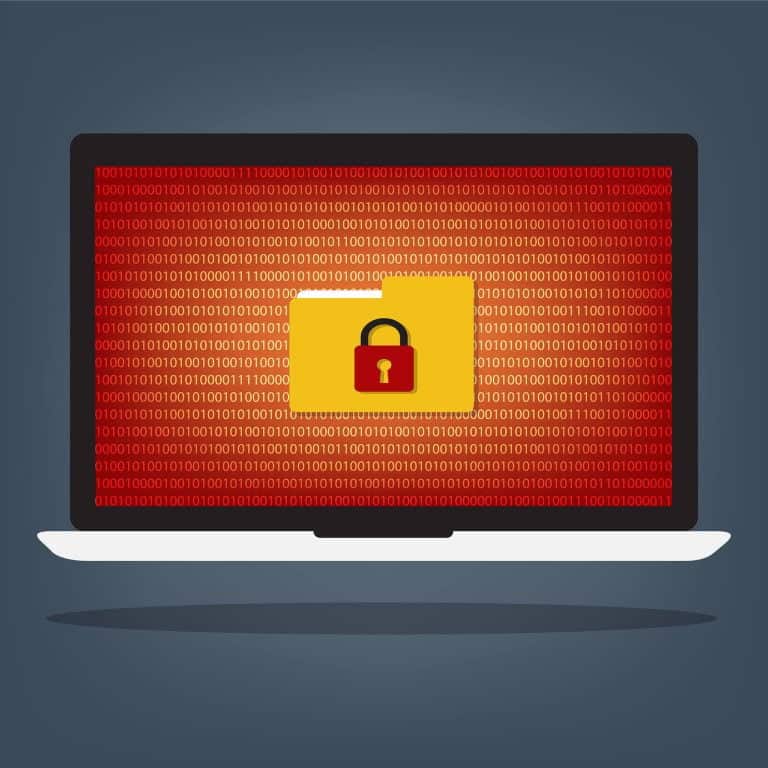Cybersecurity has become a major concern for businesses of all sizes in the current digital era. The risk of cyberattacks has grown tremendously as more and more data is being stored and sent electronically.
Table of Contents
ToggleThese threats can result in significant monetary losses, harm a company’s reputation and warrant legal penalties. Therefore, many businesses and people are turning to cybersecurity accreditation programs to strengthen their information security posture in response to this growing danger.
1. Demonstrate Commitment to Cybersecurity
Accreditation programs allow organizations to demonstrate their commitment to cybersecurity to their customers and stakeholders. By achieving accreditation, companies can show they take security seriously and have taken steps to protect their data and systems. This can be a valuable marketing tool, as customers are increasingly concerned about data privacy and security.
2. Framework for Assessing and Improving Security Practices
Accreditation programs provide businesses with a framework for assessing and improving security practices. These programs often include a set of standards or best practices they must adhere to in order to achieve accreditation. By following these standards, companies can ensure their security measures are up-to-date and effective.
3. Compliance With Regulatory Requirements
Programs for accreditation can also assist organizations in adhering to cybersecurity-related regulatory requirements. Specific cybersecurity laws apply to many industries, including the health care and credit card industries. Accreditation can help businesses prove they are in conformity with these rules, which can lower their risk of penalties or other legal ramifications.
4. Advancing Careers and Staying Up-to-Date with Best Practices
Programs for cybersecurity accreditation can also aid people in advancing their professions. The need for qualified cybersecurity workers is expanding quickly as cybersecurity becomes more crucial. Accreditation can show prospective employers their applicants have the knowledge and abilities to succeed in cybersecurity.
In addition, cybersecurity accreditation programs can assist people in keeping abreast of industry changes and best practices. Several programs mandate continual instruction and training, which can help people stay updated on new dangers and cutting-edge technologies.
5. Identify and Address Potential Vulnerabilities
Another benefit of cybersecurity accreditation programs is they can help companies identify and resolve potential system vulnerabilities. Businesses must often conduct an in-depth evaluation of their security posture as part of the certification process. This may entail locating system weaknesses, testing vulnerabilities and creating a strategy to deal with problems. By implementing these precautions, organizations can dramatically lower the chance of a successful cyberattack.
6. Gain Customer Trust
By obtaining cybersecurity accreditations, businesses can showcase their expertise and knowledge, which can build trust and confidence among their customers. For example, suppose a financial institution has professionals with cybersecurity accreditation. In that case, it can assure customers that the organization has experts with a deep understanding of cybersecurity risks and how to protect against them.
7. Efficient Collaboration Among Departments
Cybersecurity accreditations can help improve collaboration and communication between several departments in an organization by providing a common language and understanding of cybersecurity concepts, risks and best practices. For example, a legal department with accreditation professionals will better understand technical cybersecurity concepts and communicate more effectively with the IT department.
8. Recognition and Competitive Advantage
Accreditations can provide businesses a competitive advantage by demonstrating their cybersecurity expertise and commitment to security best practices. In today’s digital landscape, customers are increasingly concerned about data privacy and security, and companies that can demonstrate their cybersecurity competency are more likely to earn their trust.
For example, if two e-commerce organizations offer similar products and services but one has accredited professionals, customers are more likely to choose them, as it gives them more confidence in their data security.
5 Popular Cybersecurity Accreditation Programs
There are many different cybersecurity accreditation programs available for businesses and individuals. Some of the most well-known programs include:
1. Certified Information Systems Security Professional (CISSP)
This is one of the most widely recognized cybersecurity accreditations, awarded by the International Information System Security Certification Consortium. It covers eight domains of information security, including access control, cryptography and software development security.
2. Certified Ethical Hacker (CEH)
The International Council of Electronic Commerce Consultants offers this accreditation and focuses on offensive cybersecurity techniques. CEH professionals are trained to think like hackers, identify vulnerabilities and develop effective security measures.
3. CompTIA Security+
The Computing Technology Industry Association offers this vendor-neutral accreditation that covers essential cybersecurity concepts, including threat management, identity management and risk management.
4. Certified Information Security Manager (CISM)
This accreditation is offered by the Information Systems Audit and Control Association and focuses on the management side of cybersecurity. CISM professionals are trained to develop and implement effective security policies, strategies and procedures.
5. Offensive Security Certified Professional (OSCP)
Offensive Security offers this credential for cybersecurity experts who want to focus on penetration testing. OSCP specialists receive training in locating and taking advantage of network and computer system vulnerabilities.
Discover the Importance of Cybersecurity Accreditation
Individuals earning cybersecurity accreditations can improve their professional growth and earning potential while contributing to the organization’s security efforts. Ultimately, cybersecurity accreditations are a sound investment for businesses and individuals looking to stay ahead of the evolving threat landscape and protect themselves from cyber threats.





